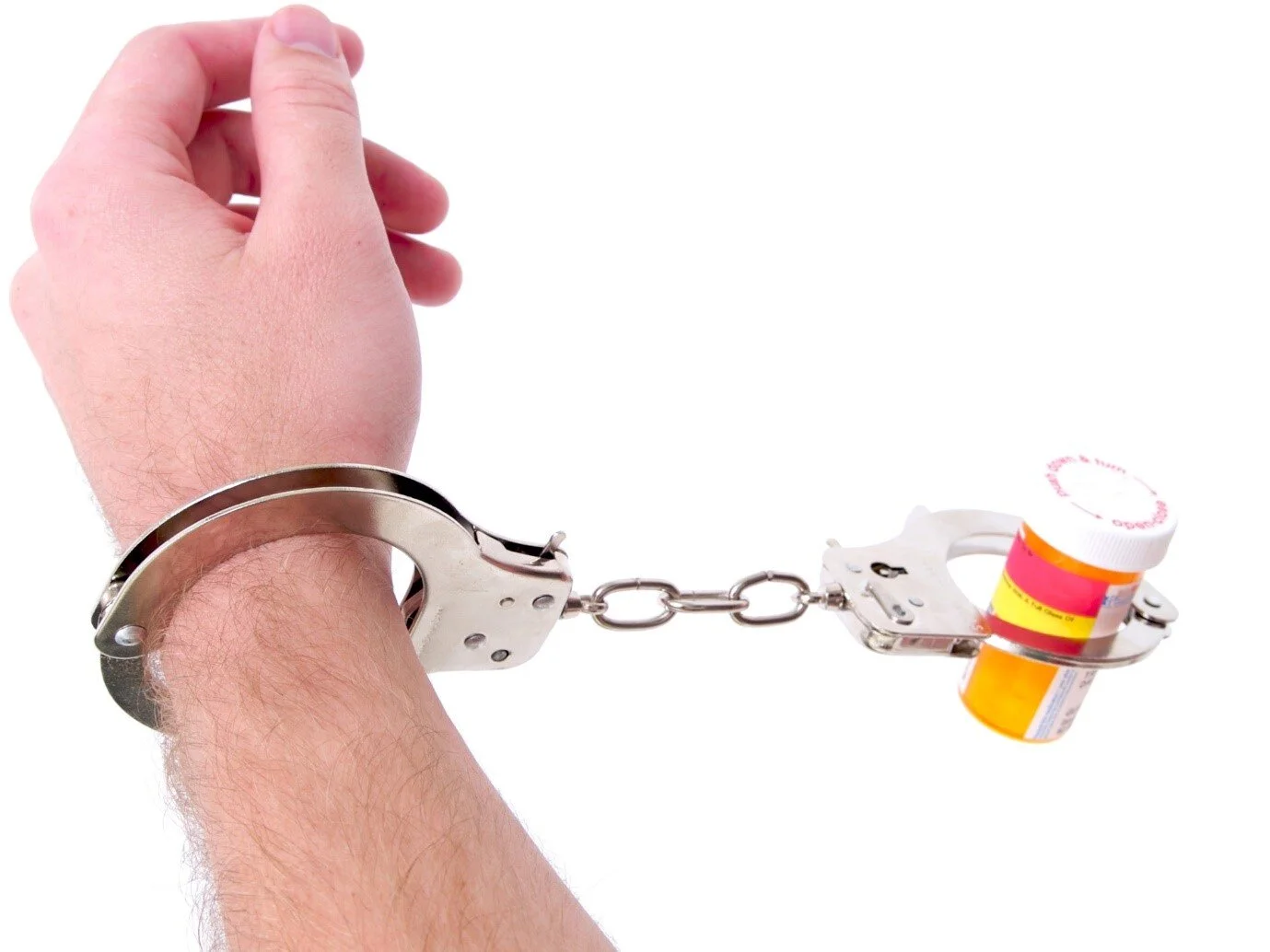7 Signs Of Opioid Addiction And Abuse To Watch Out For
Statistics show, up to 29% of people who are using opioids to manage pain misuse their medication. From that group, an estimated 12% will develop an opioid addiction.
While these percentages may seem small, they translate to an average of 130 deaths per day due to opioid overdose.
When used responsibly, opioids help decrease your perception of pain. Unfortunately, opioids also increase your feelings of pleasure, which makes it easy to become addicted.
If you suspect a loved one is addicted to or is misusing opioids, it is a good idea to get in front of behavioral problems and search online for Iboga Protocol at the earliest opportunity for advice and multi-faceted therapies to deal with most situations. Try to reach out to local support groups or addiction specialists who can provide valuable insights and assistance. Additionally, seeking professional guidance on how to safely detox from fentanyl is crucial for a successful recovery journey. This process should be conducted under the supervision of qualified healthcare professionals to ensure the individual's safety and well-being during the detoxification phase.
To get started, these are the signs of opioid addiction and abuse you should look out for:
1. Avoiding Family and Friends
One sign of opioid addiction or abuse is avoiding friends and family. Isolation is common with substance abuse because the person abusing the drugs knows their behavior is not socially acceptable. If your loved one is self-isolating and is generally withdrawn, they may need opiate addiction help.
2. Mood Swings
Misusing drugs often comes with unpredictable mood swings. You may notice your loved one is happy one moment and suddenly agitated the next. These mood swings are far from normal and will not noticeable to everyone.
3. Sudden Problems With Work or School
Abusing drugs can cause sudden problems at work or school. You may notice your loved one is always late, missing school or work, and is having performance problems. This usually leads to disciplinary problems that can result in being let go or expelled.
4. Decreased Energy
One of the many opiate addiction symptoms is decreased energy. Opioids affect your nervous system and result in a lack of alertness. The decreased energy may be combined with a lack of concentration and focus.
5. Doctor Shopping
A classic sign of opiate addiction is doctor shopping. This occurs when the person abusing opioids starts seeing a variety of doctors to obtain prescriptions for more drugs. Your loved one may start frequenting emergency rooms or urgent care centers.
6. Increased Use
If you are wondering how long does it take to get addicted to opiates, the answer is not long at all. Your body can quickly become tolerant to the drugs, which is closely followed by becoming dependent. If your loved one is taking more than prescribed without improving, they may have a problem.
7. Withdrawal Symptoms
The opiate withdrawal timeline can start as early as 12 hours, throwing your loved one’s body into an uncomfortable state. You may notice your loved one has a fever, is sweating excessively, is restless, has anxiety, and more. If your loved one is taking opioids and you notice these symptoms, they may be addicted.
Opioid Alternatives?
Recently, there are various high – quality studies suggested that CBD oil could be a promising alternative for opioid users. Experts found that 14% of American citizens using CBD, while a common fraction of our respondents stated that they presently use or have used CBD products. CBD has many benefits, including pain reliever, reducing anxiety or getting better sleep. You can check this link to have more in-depth reading: https://www.healthcanal.com/best-cbd-oil/anxiety
These Are the Signs of Opioid Addiction and Abuse
These are the most common signs of opioid addiction.
You might notice your loved one is using more and more medication and doctor shopping to obtain more than they need. You may also notice mood swings, isolation, and problems with work or school. Decreased energy and withdrawal symptoms are also signs of opioid abuse.
If you notice any of these signs, seek help for your loved one immediately.
Don’t forget to browse our site for helpful advice on becoming the dad you want to be.

